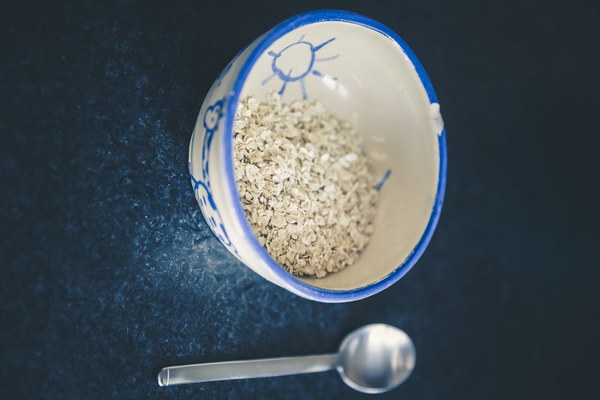Top Tips for Liver Care How to Protect and Nourish Your Hepatic Health
Top Tips for Liver Care: How to Protect and Nourish Your Hepatic Health
The liver is a vital organ that performs numerous functions, including detoxifying the blood, metabolizing nutrients, and producing bile. Given its importance, it's crucial to take steps to ensure it remains healthy and functions optimally. Here are some effective ways to protect and nourish your liver:
1. Maintain a Balanced Diet
A healthy diet is fundamental to liver health. Focus on incorporating the following:
- Rich in Fruits and Vegetables: These are packed with antioxidants and fiber that help in detoxification and reducing the risk of liver disease.
- Lean Proteins: Choose lean meats, poultry, fish, eggs, and legumes to support liver function.
- Whole Grains: They provide essential nutrients and help maintain stable blood sugar levels.
- Healthy Fats: Avocado, nuts, and olive oil are excellent sources of healthy fats that aid in liver repair.
2. Stay Hydrated
Water is essential for the liver's detoxification process. Drinking plenty of water helps to flush out toxins and keeps the liver functioning properly.
3. Limit Alcohol Consumption
Excessive alcohol intake can lead to fatty liver disease, liver inflammation, and cirrhosis. It's best to limit alcohol consumption or avoid it altogether.
4. Avoid Over-the-Counter Medications
Many over-the-counter medications can be harmful to the liver. Always read labels and consult a healthcare professional if you're unsure about a medication's effects on the liver.
5. Exercise Regularly
Regular physical activity improves blood flow, which helps the liver remove toxins from the body. Aim for at least 30 minutes of moderate exercise most days of the week.
6. Manage Your Weight
Being overweight increases the risk of fatty liver disease. Losing weight, if necessary, can help reduce this risk.
7. Get Regular Check-Ups
Regular medical check-ups are important for monitoring liver health. Your doctor can perform blood tests to check liver function and screen for liver disease.

8. Avoid Exposure to Toxins
Limit exposure to environmental toxins, such as lead, mercury, and other harmful substances that can damage the liver.
9. Get Adequate Sleep
Sleep is essential for overall health, including liver health. Lack of sleep can impair liver function and increase the risk of liver disease.
10. Manage Stress
Chronic stress can affect the liver's ability to function properly. Find healthy ways to manage stress, such as meditation, yoga, or spending time in nature.
11. Consider Supplements
Some supplements may support liver health, but it's important to consult with a healthcare professional before taking any new supplement. Popular options include milk thistle, artichoke, and turmeric.
12. Avoid Smoking
Smoking can damage the liver and increase the risk of liver disease. Quitting smoking can significantly improve liver health.
By incorporating these tips into your daily routine, you can take proactive steps to protect and nourish your liver. Remember, maintaining liver health is an ongoing process, and regular attention to your lifestyle choices is key to ensuring a healthy hepatic system.









